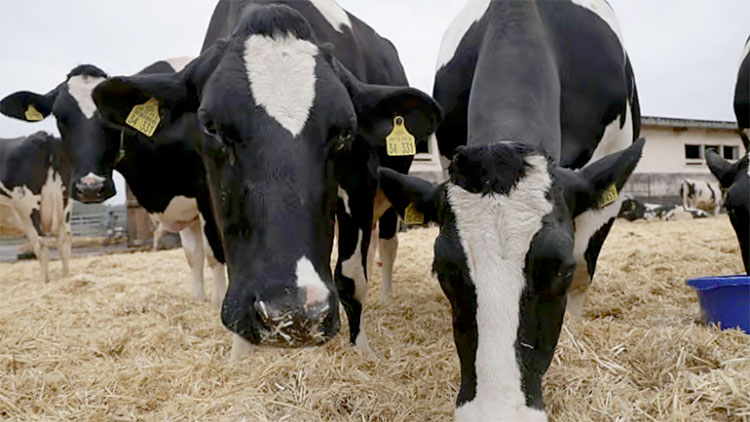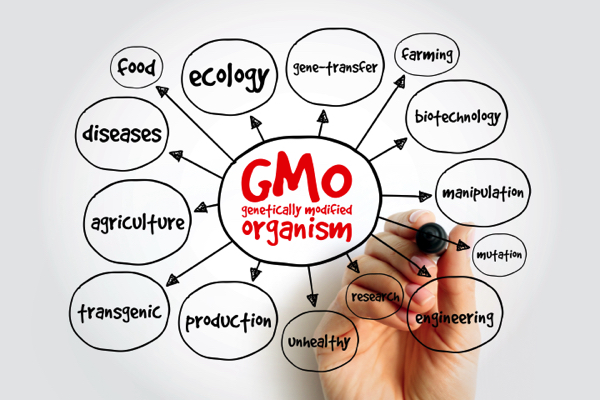
Mercola.com
Story-at-a-Glance
- A Florida federal judge upheld a state ban on lab-grown meat sales, rejecting Upside Foods’ argument that their cultivated chicken should be treated like conventional poultry under federal law
- Research from UC Davis suggests lab-grown meat production is more resource-intensive than traditional beef, requiring substantial energy and water for growth mediums and bioreactor systems
- The production of lab-grown meat faces challenges with endotoxin removal, which can add up to 25 times more environmental impact and requires energy-intensive purification methods
- Lab-grown meat production requires extensive cell replication, raising concerns about cellular dysregulation and health risks, while lacking essential nutrients found in conventional meat
- The court’s decision could encourage other states to pass similar laws restricting lab-grown foods, setting a precedent for regulation of these products across U.S. markets
In a landmark ruling, the U.S. District Court in the Northern District of Florida upheld a state law banning the sale and distribution of lab-grown or “cultivated” meat.1 This law, enacted by the Florida Legislature, specifically prohibits companies from selling any meat or food product developed from cultured animal cells, like those grown in bioreactors.
The case centered on Upside Foods, a company at the forefront of cultivated meat technology, which argued that its lab-grown chicken should be treated like conventional poultry under federal law. However, under Florida’s new regulations, these products are barred from markets statewide.
Continue Reading
Rating: 0.00/5 (0 votes cast)



























